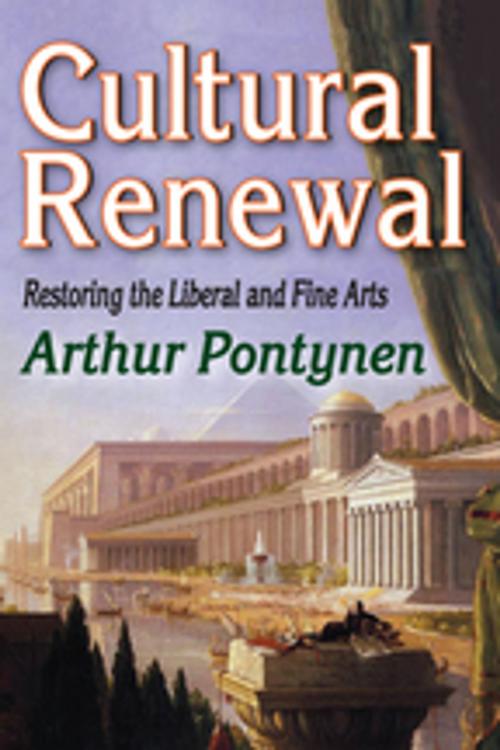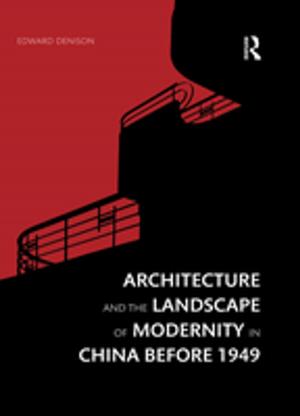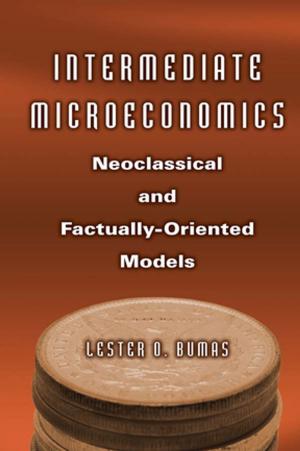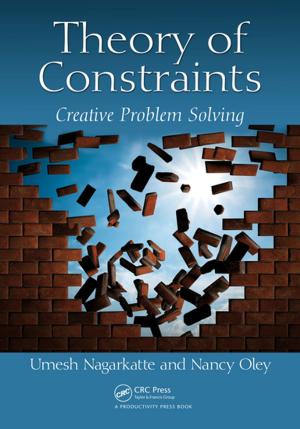Cultural Renewal
Restoring the Liberal and Fine Arts
Nonfiction, Social & Cultural Studies, Social Science, Anthropology, Sociology| Author: | ISBN: | 9781351524520 | |
| Publisher: | Taylor and Francis | Publication: | February 6, 2018 |
| Imprint: | Routledge | Language: | English |
| Author: | |
| ISBN: | 9781351524520 |
| Publisher: | Taylor and Francis |
| Publication: | February 6, 2018 |
| Imprint: | Routledge |
| Language: | English |
The decline of interest in the liberal and fine arts is widely lamented. At issue is why this decline happened and how we might restore qualitative standards by which to live. Arthur Pontynen argues that cultural decline is the consequence of a tragically anti-intellectual academic tradition—and its alternative is the cosmopolitan pursuit of wisdom and beauty.
Pontynen writes that the liberal and fine arts are justified by their attempt to understand the material realization of wisdom, of that which is true and good in reality and life. The current decline marks a denial that such qualitative aspirations are realistic. Instead of understanding art as the intellectual pursuit of ontological perfection, perfection is subjectified as willful preference or experience. Consequently, the liberal and fine arts have been displaced by a naturalistic social science and a relational existentialism. This reduction denies qualitive thoughts, words, and deeds.
Pontynen establishes that the arts are not obsolete, merely subjectivist, or limited to a brutal (de)constructivism. He argues for a renewed idealism that is neither reductionist, trivializing, or brutalized. Pontynen offers an alternative, global narrative that is both realistic and idealistic; one that permits us to distinguish between the trivial, the brutal, and the profound.
The decline of interest in the liberal and fine arts is widely lamented. At issue is why this decline happened and how we might restore qualitative standards by which to live. Arthur Pontynen argues that cultural decline is the consequence of a tragically anti-intellectual academic tradition—and its alternative is the cosmopolitan pursuit of wisdom and beauty.
Pontynen writes that the liberal and fine arts are justified by their attempt to understand the material realization of wisdom, of that which is true and good in reality and life. The current decline marks a denial that such qualitative aspirations are realistic. Instead of understanding art as the intellectual pursuit of ontological perfection, perfection is subjectified as willful preference or experience. Consequently, the liberal and fine arts have been displaced by a naturalistic social science and a relational existentialism. This reduction denies qualitive thoughts, words, and deeds.
Pontynen establishes that the arts are not obsolete, merely subjectivist, or limited to a brutal (de)constructivism. He argues for a renewed idealism that is neither reductionist, trivializing, or brutalized. Pontynen offers an alternative, global narrative that is both realistic and idealistic; one that permits us to distinguish between the trivial, the brutal, and the profound.















